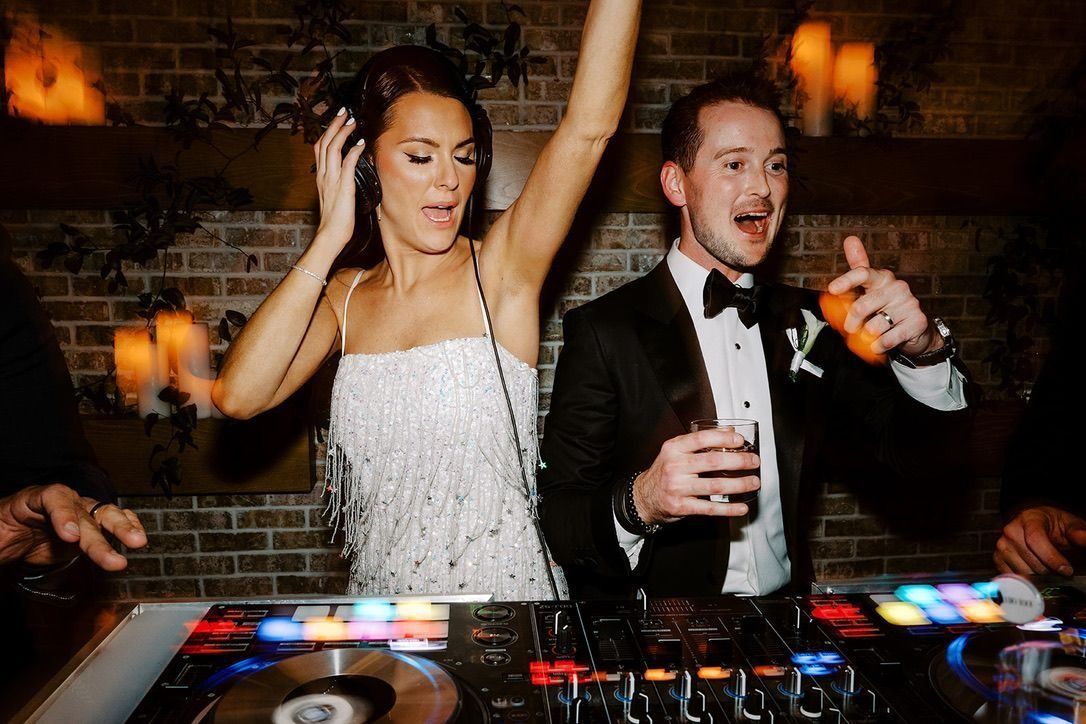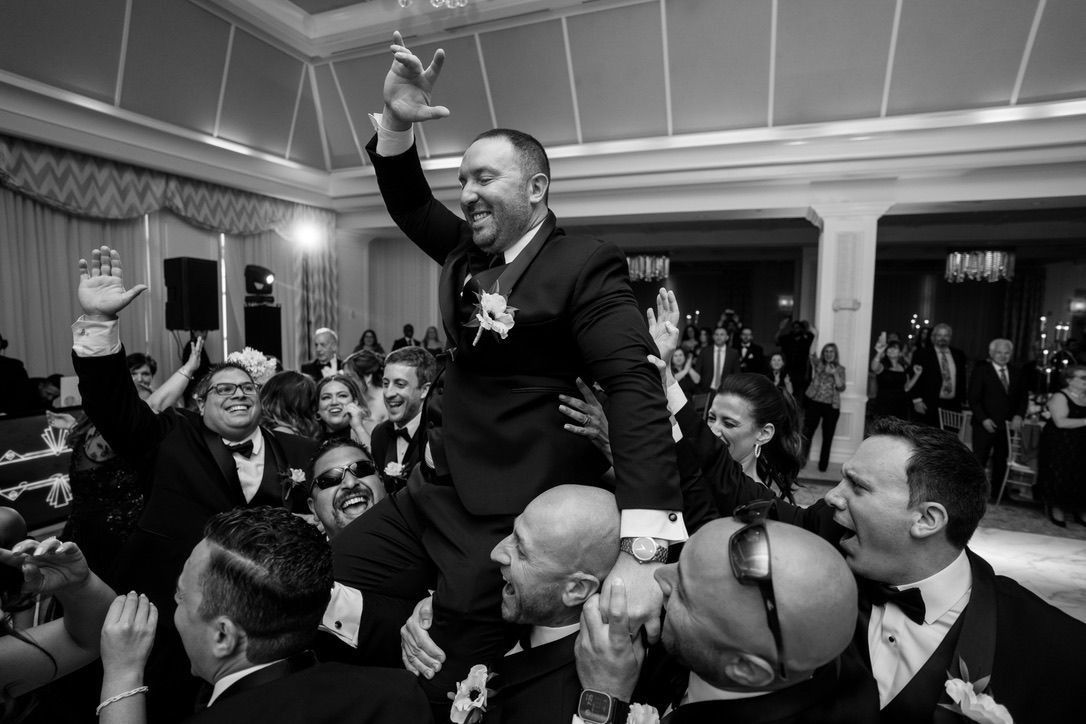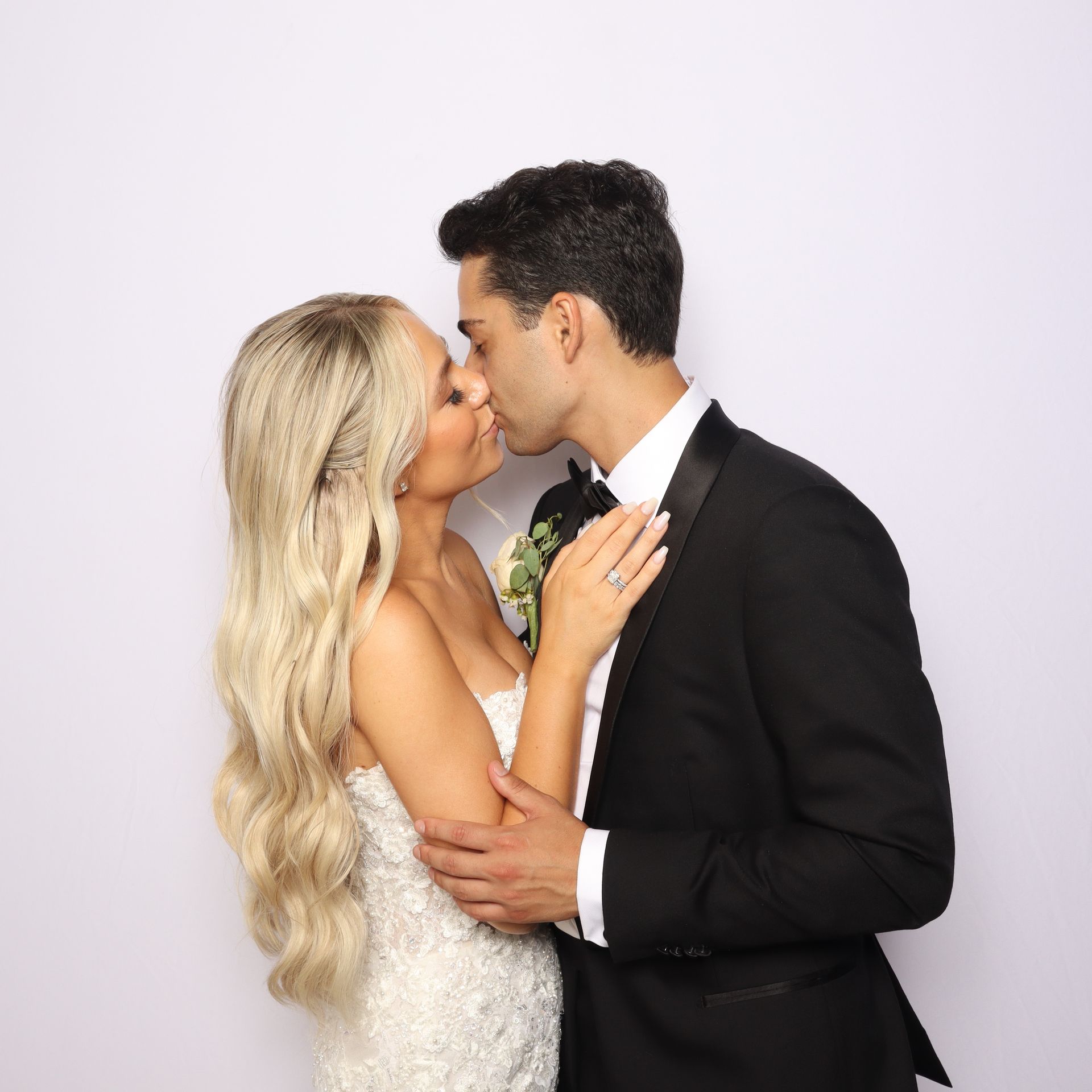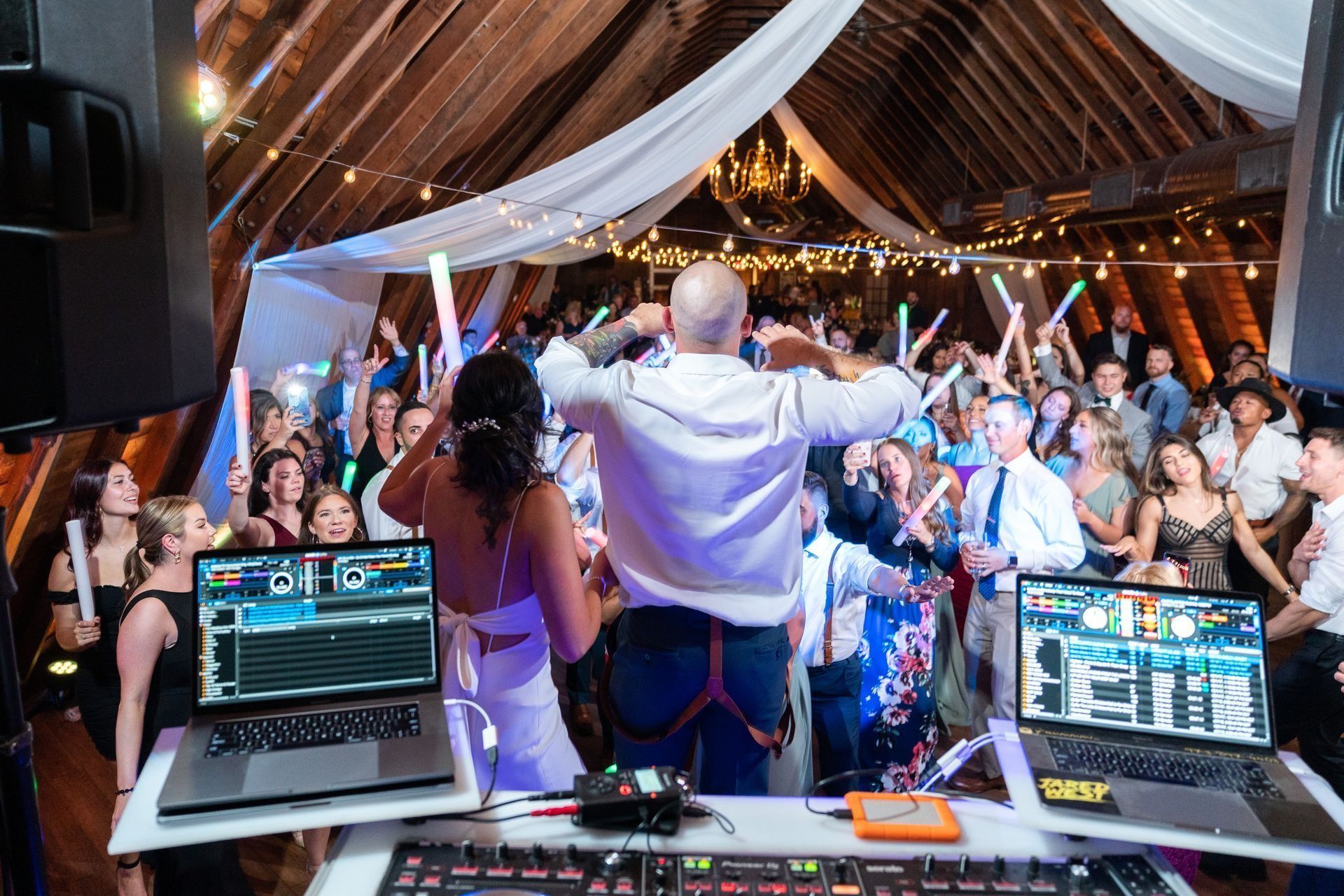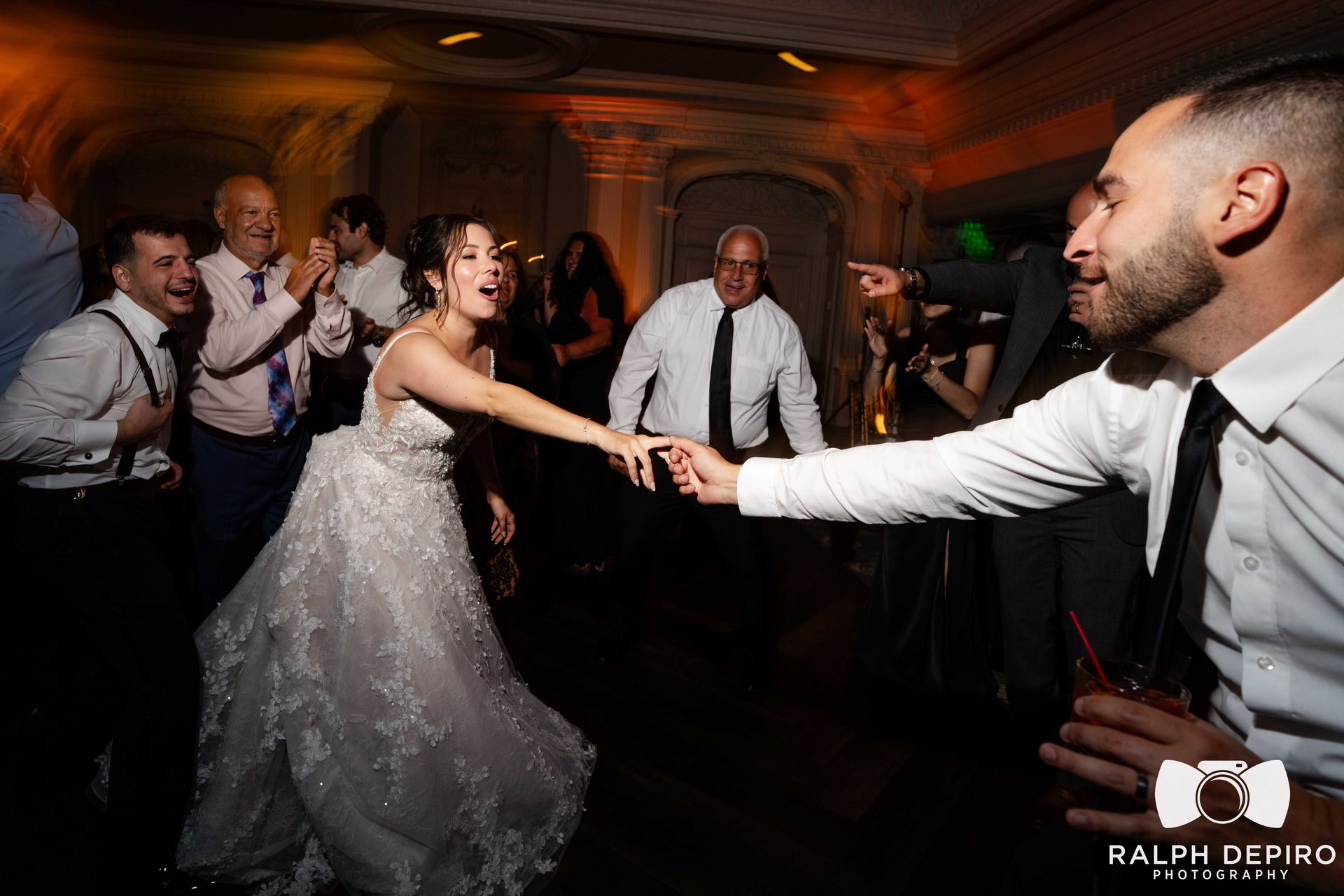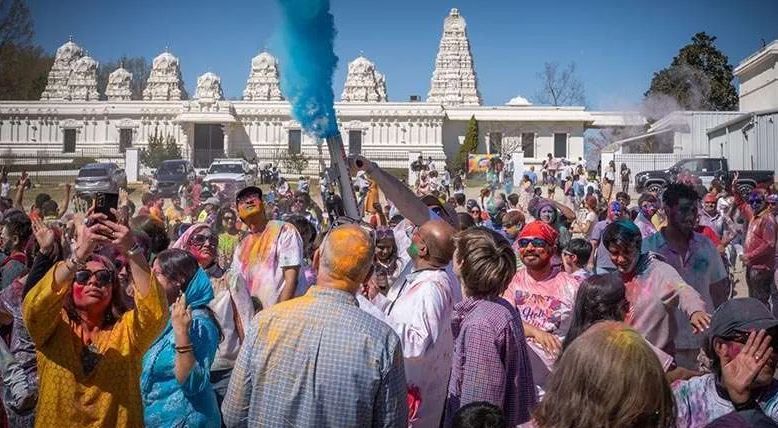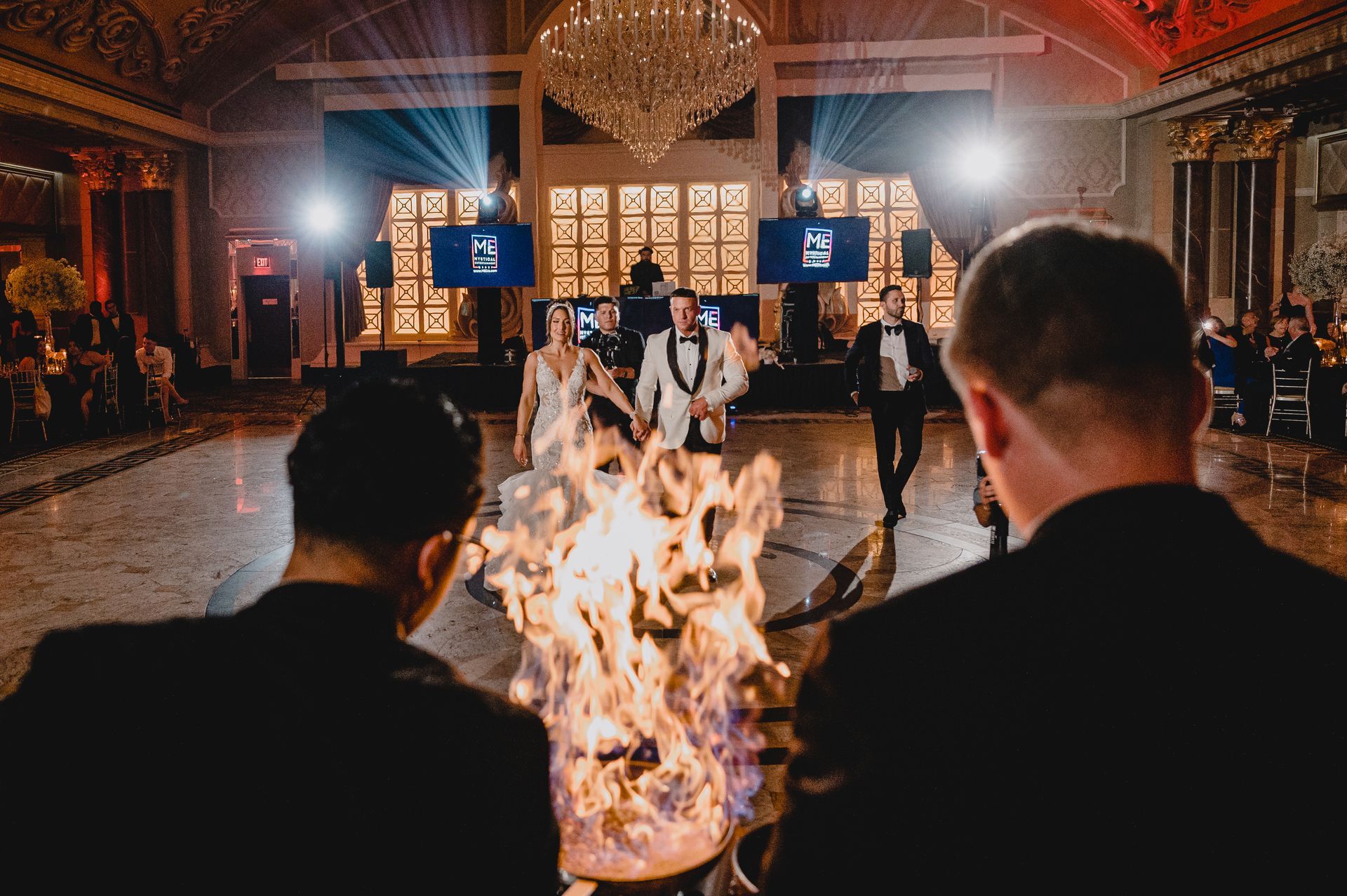BLOG

The Top 5 Grooms’ Questions – Answered!
Which planning areas can I be most helpful?
There is no right answer for this one. Grooms are generally expected to step up their game with the following tasks: compiling and cutting down the guest list; choosing the music ; helping with menu/beverage selection; writing vows; coordinating your portion of the wedding party; fielding any and all questions, concerns, and complaints from your side of the family. And don’t forget rehearsal dinner logistics and honeymoon planning—you should definitely take the reins those two!
What do I wear?
Aside from your budget and personal style preferences, the season, formality, color palette, and overall aesthetic of your wedding are all important factors to consider when choosing your attire. There’s no rule that says you have to wear the same thing as your groomsmen. Instead, you should be a bit more polished and consider incorporating a little something extra to be sure you stand out. When in doubt, you can never go wrong with a classic suit or tux. Add a little personality with custom cuff links, a colorful pocket square, a patterned tie, or even a fun pair of socks and you’re good to go!
What if I disagree with my future spouse?
Wedding planning involves a lot of compromise on both ends, so don’t get discouraged if you don’t see eye to eye on every detail. Know that disagreements are normal and you’re going to want to choose your battles wisely. If you do feel strongly about something, present your case calmly and diplomatically to your fiance. He or she should be the first to know about it. This means, don’t go to their sibling or parents. It’s better it comes straight from you! Organize your thoughts before starting the conversation so you can effectively articulate your points. Once you’ve laid your cards on the table, be prepared to sit back and listen to the rebuttal. In some cases you might be surprised by your future spouse’s flexibility; maybe she/he just had no idea you weren’t on board with that particular item and is more than willing to adjust. In other cases, you might be met with an equally strong and valid argument. Regardless of the outcome, it’s important to voice your opinion on any issues that truly matter to you.
How to help keep stress to a minimum
Even the most laid-back couples will experience stressful moments at some point during the planning process, and curtailing that stress is really just a matter of keeping things in perspective. Keep the focus on love and celebration! Prioritize date nights and consider making a pact to keep planning out of the conversation while you’re out enjoying each other’s company. Maintain a lighthearted tone during overwhelming moments and offer gentle reminders that your love for each other is far more important than a coordinating color palette or a cocktail napkin motif.
What is expected of me in terms of gifts and thank yous?
Traditionally, the groom gives a wedding day gift to his future spouse and a thank you gift to each of his groomsmen, his own parents, and his new parents-in-law. You and your fiance will go in on the latter two together, and the two of you may also choose to give gifts to other VIPs such as your officiant, ceremony readers, or children who participated in your wedding. As far as thank yous go, you and your fiance are expected to thank your parents and anyone else who hosted or contributed to your wedding day or other events (engagement party, welcome party, rehearsal dinner, morning after brunch) both in person and with a handwritten note. You should also thank each of your vendors. Consider writing a review for your vendors! If you had a good experience, it’s nice to give them credit and show other potential clients that they should work with them too! You are expected to help your spouse write thank you notes for any wedding gifts received and co-sign your name on each note.


